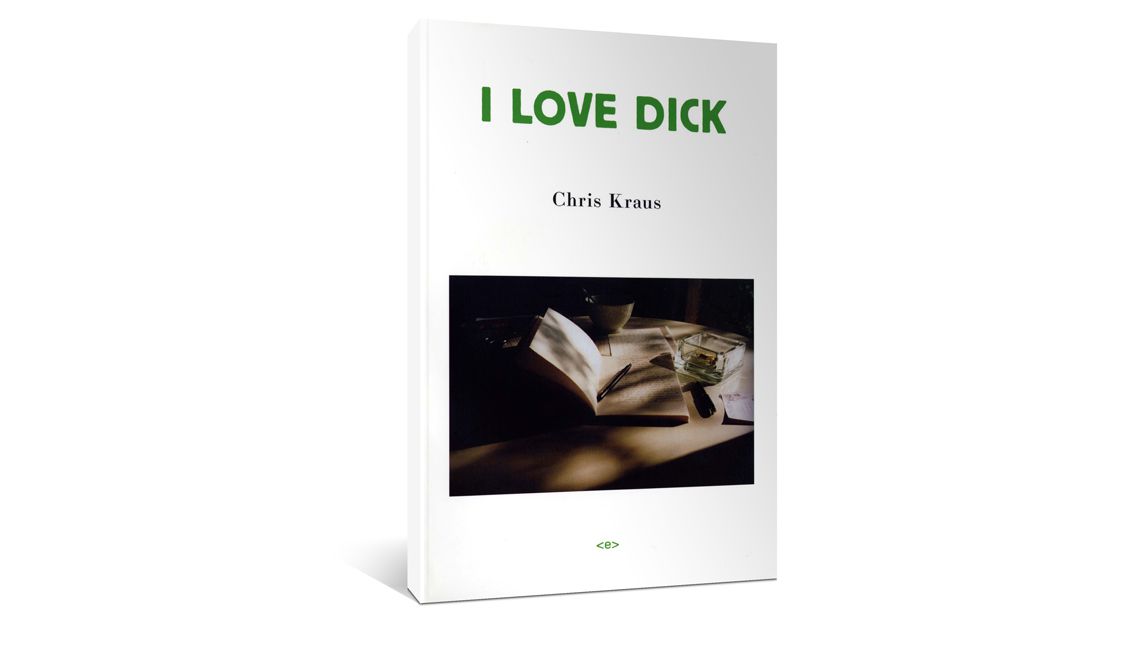
I Love Dick: When Snobbish Art Academics Get Bored about Love
In "I Love Dick", Chris Kraus turned her failures as a filmmaker and in her romantic relationships into a boundary-breaking autobiographical novel. Truned into…
In the eyes of the artistic and academic establishment, Chris Kraus and Sylvère Lotringer are a perfect marriage. Both artists, university professors, liberal and postmodern, with no children. They have lived together for seven years in a residential area on the outskirts of Los Angeles and share the same routine of cafes, books and high-level conversations about philosophy and culture until one night Dick, an old friend from the academic scene, invites them for dinner near his ranch.
That night will change the course of their marriage forever. Chris falls madly in love with Dick, whom he believes to have had "conceptual sex" during dinner, but instead of keeping it secret, he tells his husband. "“Because they are no longer having sex, the two maintain their intimacy via deconstruction: i.e. they tell each other everything,” says the narrator who has the voice during the first part of this novel by Chris Kraus first published in 1997. 20 years later, I Love Dick has turned into a feminist cult book, that has been the inspiration for a new Amazon TV Series created by Jill Solloway.
In the first part of I love Dick, the reader is a witness of the epistolary game that is established between Chris, Sylvère and Dick. Instead of Sylvère getting angry or jealou s, the couple decides to start writing letters to Dick separately, confessing their love, their feelings and reflections about marriage, in what ends up becoming a sort of collaborative artistic project: a conceptual "performance", like the ones they saw during their youth in the New York of the 70s.
“Sylvère, a European intellectual who teaches Proust, is skilled in the analysis of love’s minutiae. But how long can anyone continue analysing a single evening and a 3-minute call?” says the narrator.
This absurd competition between pedantic intellectuals becomes evident every time Chris (who considers herself a frustrated video artist) refers to Sophie Calle and other well-known artists, as if she had to show off somehow about her artistic knowledge in front of Dick and his husband.
Chris and Sylvère’s letters never get an answer from Dick, but they do not care. Their ultimate goal is to publish such letters, perhaps to make a movie. Chris would like to overcome his professional frustration, his inferiority complex next to Sylvère, a more prominent philosopher than she; He would like to say the things she really thinks:
“As an artist she finds Dick’s work hopelessly naive, yet she is a lover of certain kinds of bad art, art which offers a transparency into the hopes and desires of the person who made it. Bad art makes the viewer much more active” observes the voice in off.
In the second part of the book, what started out as an artistic game ends up becoming a reality, and the marriage will eventually divorce. “Do married couples usually collaborate on billets doux? If Sylvère and Chris were not so militantly opposed to psychoanalysis, they might have seen this as a turning point” "warns the narrator before giving way to the second part of the book, in which Chris takes the first voice person.
“Would Chris have fallen in love with you if I hadn’t been there to make it so embarrassing? Is knowledge a desperate form of acceptance? Or does acceptance transcend itself in knowledge to reach more interesting ground?” Sylvère writes to Dick, insisting on the intellectual conception of love.
When Chris finally takes the narrative voice, the book gives a feminist twist and the emotions arise. Kraus realizes that he will never be taken seriously as an intellectual while still being considered "an extension" of Sylvère, so he decides to abandon it. At the same time, Chris will stop harassing Dick by letter as if it were an art project, and begins writing to him about her real feelings. Kraus becomes less analytical to let go her emotions and memories, although the line between the artistic and the personal will continue to feel a bit blurry to the last page.
I Love Dick was published in Spanish by Alpha Decay. (I love Dick).










LEAVE A COMMENT:
Join the discussion! Leave a comment.